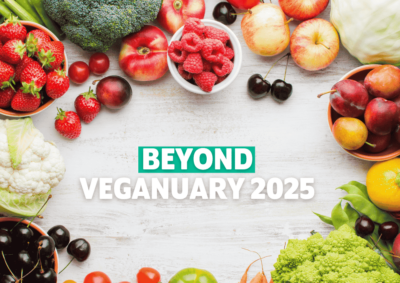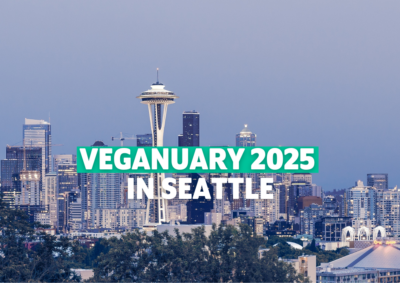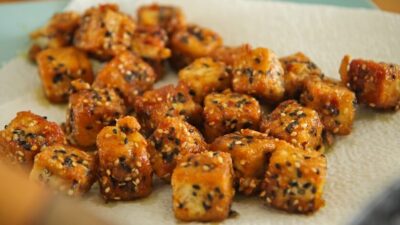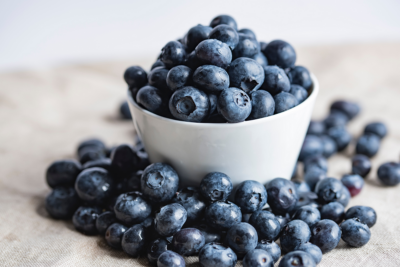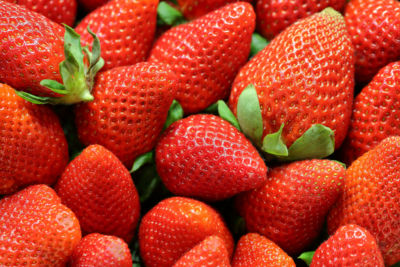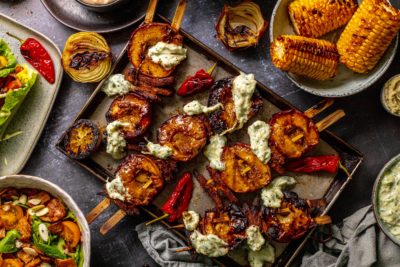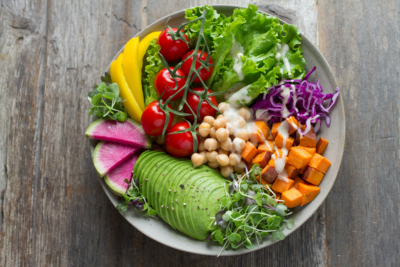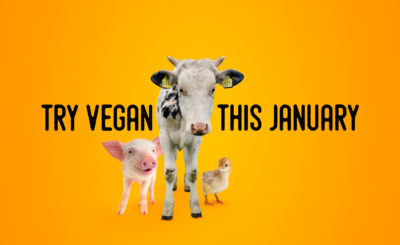Palm oil – as the name suggests – is an oil that comes from palm fruit. It is found it many processed foods including biscuits and crackers, margarines and instant noodles, and it is vegan.
There are, however, huge environmental implications associated with its production, and because demand for palm is growing – not just for food but for biodiesel, too – increasing amounts of peatlands and tropical rainforests in South East Asia are being torn up to plant it.
You will probably have seen the devastating photos of orangutans whose homes have been destroyed for palm but there are countless species – and millions upon millions of individual animals – whose lives are affected by its production. Moreover, deforestation and draining peatlands are two sure-fire ways to exacerbate climate change.
What about sustainable palm oil? Yes, there have been controls and agreements to establish ethical guidelines for producing a sustainable product, but the deforestation has continued.
For these reasons, many people avoid all products that contain palm oil while others do their best to limit consumption of it. Labelling is now much clearer than it used to be. In 2014, the EU acted to make sure companies listed the ingredient as ‘palm oil’ not the generic ‘vegetable oil’ that some had been citing to avoid bad publicity. Now it is much easier to make a choice.
At Veganuary, our aim is to share information about vegan foods to make the transition to an animal-free diet as easy as possible. For many people, especially when first trying vegan and options suddenly seem more limited, this may mean eating products that contain palm oil.
Unfortunately, all food production requires damage to habitats, animals being killed and a contribution to climate change, so none of us can claim sainthood. Animal agriculture is by far the biggest contributor to these problems and that is why ending reliance on meat, milk, and eggs is crucial. A move to organic, and away from palm oil, would also help animals and the environment.
P

